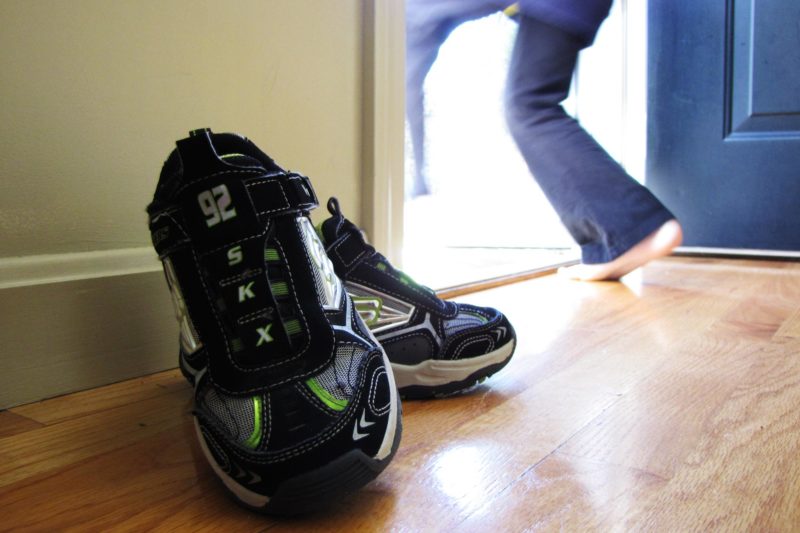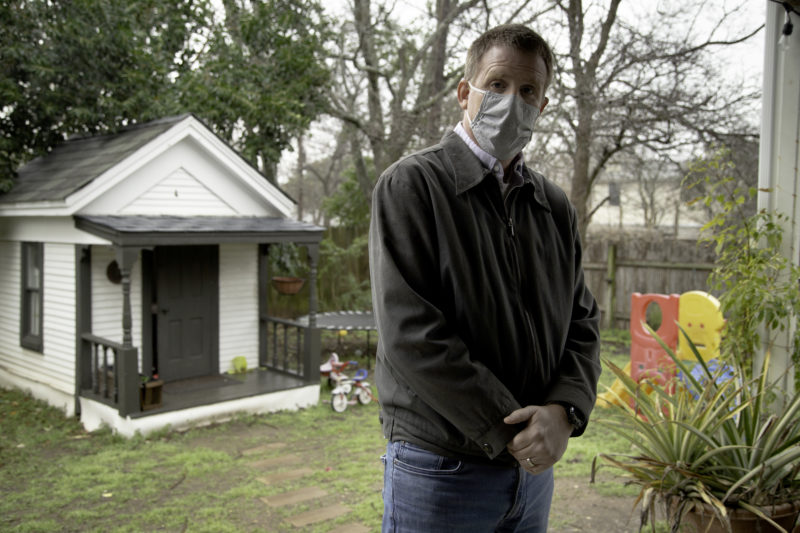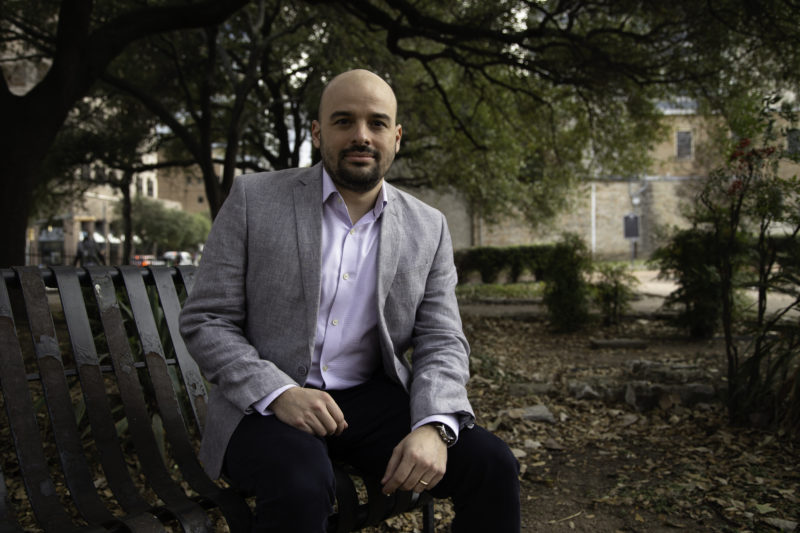The Future of Free Range Kids in Texas
By Madi Donham
Reporting Texas

Courtesy of MerelyRachel/Flickr
A state senator wants to rewrite the Texas Family Code to give parents more leeway in how they supervise their children. Supporters of the proposed change say narrowing the definition of neglect will reduce the workload for Child Protective Services and liberate families — especially poor families. Child advocates disagree, and say the proposed Texas Family Code rewrite won’t make communities safer. If the Legislature wants to help parents, lawmakers should focus on expanding affordable housing, job opportunities and daycare support.
Proponents of the free range kids movement, an approach to parenting that aims to foster children’s independence by giving them more unsupervised time, support the legislation.
“You can’t have complete safety, and pretending that you can leads to some crazy laws,” said Lenore Skenazy, author of “Free-Range Kids, How to Raise Safe, Self-Reliant Children (Without Going Nuts with Worry).” Skenazy wants to see similar legislation across the United States.
Will Francis, executive director of the Texas chapter of the National Association of Social Workers, said he’s skeptical of the proposed change.“I think there needs to be a more evolved conversation than just simply saying let’s change neglect. I think that’s incredibly short sighted, and I think it’s a naive policy position to take,” he said.
Francis said changing the law would reduce CPS involvement with families and affect their access to existing resources the agency offers, like mental health and substance abuse support.

Will Francis, Executive Director for the National Association of Social Workers, is pictured in his backyard in Austin, Texas on Feb. 11, 2021. Evan L’Roy/Reporting Texas
Sen. Bryan Hughes, R-Mineola, said his legislation would guarantee that children are not taken away from their parents over matters not worthy of removal. While there’s no solid data on the frequency of suspect removals, Hughes said he takes complaints from parents in his district.
“This bill protects families’ and parent’s fundamental rights. It makes sure that we divert CPS resources to cases of real abuse, where it’s needed. So it’s ultimately going to protect children,” Hughes said.
His bill would create a formal definition of the word neglect, which is currently nonexistent in state law, and add to the list of requirements for a child removal and investigation of a parent. It acknowledges childhood independence and focuses attention on “immediate dangers” instead of the “substantial risks” standard in the current statute.
The bill would prevent CPS from removing a child if “the parent allowed the child to engage in independent activities that are appropriate and typical for the child’s level of maturity, physical condition, developmental abilities, or culture.”
In Texas, more than four children die from abuse or neglect in an average week, and more than 80% of child abuse cases are the result of neglect, according to TexProtects — a nonprofit organization dedicated to child advocacy, research and education.
TexProtects has not taken a position on Hughes’ bill.
Texas also has one the lowest removal rates by child welfare workers, and experts rank the state 43rd in terms of child welfare in the nation — indicating to a broader lack of available resources for families.
Skenazy achieved notoriety in 2009, when she was dubbed “America’s worst mom” after letting her 9-year-old ride the subway by himself in New York City. Skenazy’s free range parenting ideas quickly gained momentum. In 2017, she co-founded the nonprofit LetGrow to prove that treating kids as fragile is making them fragile.
LetGrow expanded its legislative efforts to change child neglect laws nationwide after Utah passed the nation’s first “Free-Range Kids” bill in 2018.
The free range kids movement has nationwide following, and LetGrow’s Raising Independent Kids Facebook page is a space for parents to share advice and stories.
It’s where Andrea Vander Schaaf finds a sense of community. The mother of three said she’s no stranger to worrying about judgment from others and CPS while trying to raise independent kids in Houston.
She said the grocery store is usually a favorite source of freedom for her 10-year-old, who enjoys wandering the isles independently while her mom shops. “We do our best to give them the freedom to kind of roam around as much as they can,” Vander Schaaf said.

Andrew Brown, the director of the Center for Families and Children at the Texas Public Policy Foundation, sits for a portrait at the Historic Capitol Building Foundation on Feb. 9, 2021. Evan L’Roy/Reporting Texas
Andrew Brown, the director of the Center for Families and Children at the right-leaning Texas Public Policy Foundation, said the conversation about neglect is long overdue. As a supporter of Hughes legislation, Brown said Texas casts a broad net with the way laws and policies around removals are written.
The legislation would foster reasonable independence for kids and reduce burdens for those facing poverty, Brown said.
“Neglect allegations can disproportionately impact the poor — the amount of time and resources devoted to neglect cases is taking away from kids who are actually in imminent danger and harm,” Brown said.
A TPPF report that used data from the Census Bureau and Texas Department of Family and Protective Services analyzed neglectful supervision allegations in 50 Texas counties. It concluded that allegations of neglect and poverty are connected nationally and across It
Both sides agree on the need to focus on improving the lives of Texas families and to acknowledge that a good childhood has some level of risk.
Yet Francis has reservations.
“A wealthy white family with a kid playing on their own is not your typical CPS removal,” Francis said. “It’s very easy for me to say I want free range parenting in my gated community than it potentially is for someone who doesn’t live in a similar space. I’m worried that the free range parenting movement comes from a place of privilege.”
This is the second legislative session in Texas that child neglect policy is up for change. Both Brown and Francis said the legislation is likely to pass.